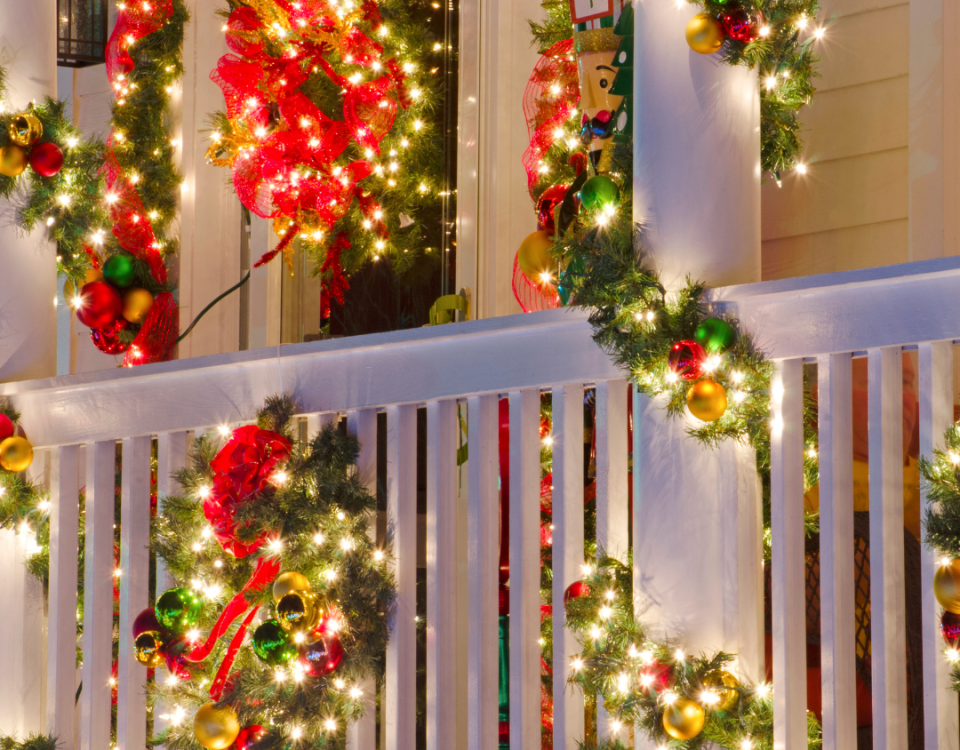- Corner Property Management, LLC
- 973.376.3925
- help@cp-management.com
HOA Finances: Community Association Budget Planning in New Jersey

How to Handle HOA Burnout in New Jersey
July 19, 2022
How to Present HOA Fee Increases to Owners in New Jersey
August 22, 2022A budget is a robust monetary tool to outline daily spending, allocate costs to specific projects, and save funds for the future. Since organizing the finances takes careful preparation, many boards start community association budget planning early. For example, HOA boards in New Jersey can work with their property manager to gather data and project expenses. With this information, you can plan next year’s expenses and prepare for unexpected costs.
FAQ: How do you prepare an association budget?
Budgeting for HOAs and condo boards includes overhead expenses such as utilities, insurance, and taxes. You must also account for significant projects and surprise expenses such as storm damage or equipment repair. While each associate is different, the budgeting process follows a general outline.
- Review the existing budget.
- Identify successes and flaws.
- Assess financial resources.
- Determine total savings.
- Calculate current income.
- Account for predictable spending.
- Specify upgrades and major projects
- Allocate for long-term planning.
- Set aside emergency funds.
Budgeting Timeline
In New Jersey, budgeting season starts in August/September. Allow time for gathering and analyzing information. Likewise, your staff and management team need time to review and amend the budget before presenting it to the board and/or finance committee. Strive to have the plan approved by October or early November. Finally, allow ample time to discuss the budget with the community as a whole.
Long-term Planning
Part of the budgeting process includes long-term planning. First, review the past five years and get an annual average for each line item. Then, look at things that were significantly over or under par. Unspent funds can sometimes roll over to allow for natural fluctuations. For example, snow removal costs were low one year but high the next. (We all know New Jersey weather is unpredictable.) So, the leftover snow removal monies from one year can pay for higher than average costs the next.
Review and Adjust
Boards need to collect and analyze relevant data to project spending accurately. For example, inflation and cost of living increases in New Jersey may affect future expenditures. Use real-world information to draft a budget that covers planned expenses, capital reserve for special projects, and deferred maintenance. A clearly outlined budget helps the board determine if increased HOA dues are warranted. Reviewing and adjusting leads to a balanced budget and a flourishing community.
Working with a Property Manager
A property management company makes the budgeting process go smoothly. Professional managers know the ins and outs of community association budget planning. In New Jersey, the property manager (PM) usually does the legwork and works closely with the staff accountant to create a budget that properly reflects the current financial climate.
Community Association Budget Planning
To foster a thriving community, associations need to understand the needs of residents and listen to their feedback. Most owners will be members of the community for many years to come. So, the budget is about more than one year of income and expenses. It’s vital to incorporate long-term goals and quality of living for residents. At Corner Property Management, we will work with you to ensure that budgets are done correctly for the new fiscal year. Call us at 973-376-3925.




